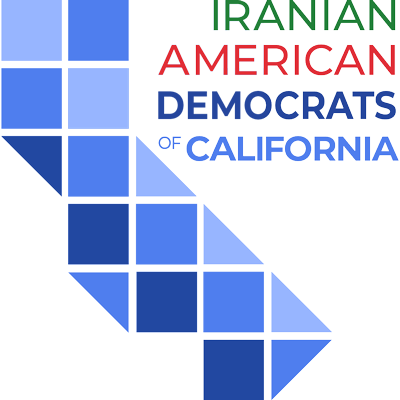In spite of a plethora of data proving that women are not treated equally to men in America, many people disagree with the premise of feminism, arguing that women already are equal to men, or that their gains haven’t matched men’s because they haven’t worked hard enough, or that women and men are inherently and biologically different and cannot be compared. Others agree that women’s rights are a noble cause, but that men’s rights aren’t given the same consideration.
In actuality, most feminists consider men also at a disadvantage due to the inequality between men and women. When we socialize men to not show sadness and fear, to provide financially and not emotionally, and to not seek mental health help, to name a few examples, we contribute to a culture that harms both men and women. At the same time, men, particularly cis white men, are statistically at an advantage when it comes to earning power, career progression, and a multitude of other factors. Feminism is the hard work that both men and women have to do to level the playing field—even more so now that the COVID-19 pandemic has exacerbated existing inequalities(opens in new tab) between men and women, and for women of color especially.
August 26th, commemorates the passage of the 19th Amendment to the United States Constitution, which gave women the right to vote. The law passed in 1920, one-hundreds and one years ago, and the US Congress designated August 26 as Women’s Equality Day, in the United States.
The 19th Amendment represents an important milestone in US history, as we seek to perfect our union to benefit all. The Amendment changed Federal law and the face of the American electorate forever. Women won legal recognition as equal citizens under the 19th Amendment. Although at the time, not all women in the US were included under its protections:
> The voting rights of Native American women were not recognized until 1924.
> For Chinese American women, 1943, and for Japanese and other Asian American women, 1952.
> African American women, while quite active in the women’s suffrage movement of the early 19th century, remained barred from voting for decades. With the passage of the Voting Rights Act in 1965, African American women were granted the right to vote.
The 19th Amendment (also known as women’s suffrage) is another installment in the ideas for which this country was found – all persons are created equal.
It also reminds of the struggle for equality that women have faced in public, workplace and globally to clear barriers, equal access, and change attitudes to fulfill their potential. There have been many advancements made, but much more work remains to be done to insure fairness, equity, and inclusion for women in the US and globally.
On this Women’s Equality Day, and as we continue our journey to DEI and to create a culture of belonging, IADC proudly stands with women in the United States of American, Iran, Afghanistan, and elsewhere in the plight for equality, Equity, inclusion, and self determination.

